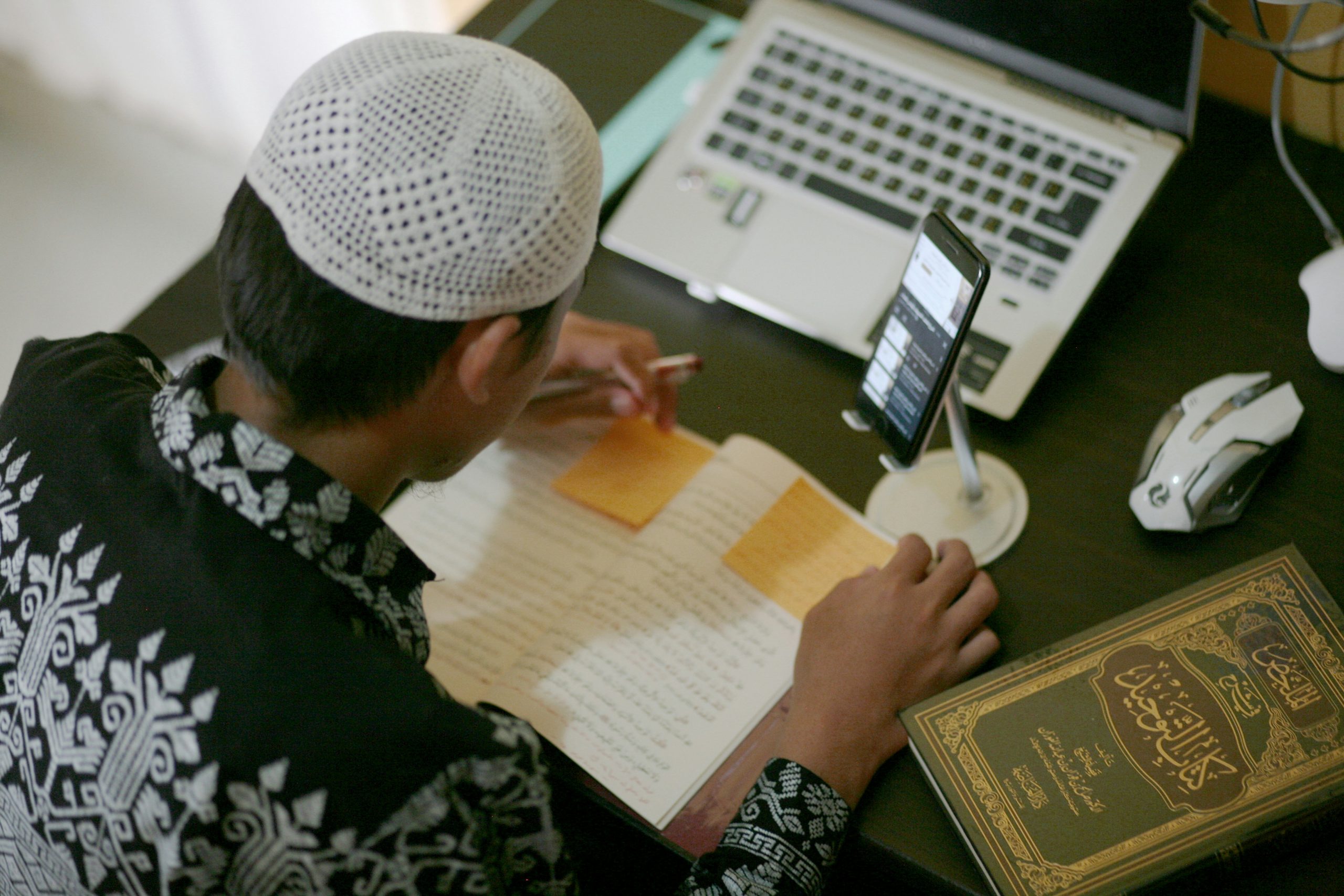This year, the holy month of Ramadan began at the first sighting of the crescent moon on the evening of Sunday, March 10, 2024.
Ramadan, a sacred month in Islam, is a time of spiritual reflection and devotion observed by Muslims worldwide.
Kingston University student, Mohammed Khan said it is “a time to empathise with those facing hardships” both in the past and now. Mohamed Ahmed added it is “a period for religious closeness and education,” where people deepen their connection with God.
Ramadan is observed by fasting from dawn until sunset, engaging in activities such as reading the Quran, praying, volunteering, and practicing self-discipline.
We asked 23 Muslim students about their experiences of combining academic work and Ramadan. Of those, 11 of them felt that they effectively managed academic responsibilities and fasting.
However, some students at KU found it challenging to manage studies during fasting. Experienced Kingston University students offered valuable advice for first-time observers, emphasising perseverance, staying hydrated, utilising time effectively, and seeking community support.
They also advised others to remind themselves of the purpose of fasting. As Charnce Ayah advises, viewing Ramadan as “a time for cleansing and personal growth” helps overcome challenges.
Amina Muhammad Lawal provided practical guidance – she suggested using the time before iftar (the meal with which the fast is broken) for academic activities, such as assignments. Acknowledging that managing studying without eating might be challenging, Lawal stresses the importance of balancing the day and night with both academic and spiritual pursuits.
Students also reflected on the benefits of the experience. Some said that fasting during Ramadan led to improved self-discipline, empathy, and a guilt-free conscience. Others felt that fasting positively impacted academic performance by boosting dedication and time management skills.
Hafsa sees Ramadan as “a month of peace, forgiveness, and spiritual connection,” underlining the positive impact on community, spirituality, and individual development.
Together, these reflections paint a comprehensive picture of how Ramadan shapes students’ lives, promoting not only personal development but also a shared sense of community and spiritual enrichment.
Observing Ramadan at university holds significant spiritual value for students, promoting personal growth, community engagement, and a strengthened relationship with God.
The experiences shared by the students, reflect the transformative impact of Ramadan on their lives, highlighting the importance of dedication, time management, and community support in maintaining a balance between academic responsibilities and religious observances during this sacred month.
To all those who observe Ramadan, we say Ramadan Mubarak.

